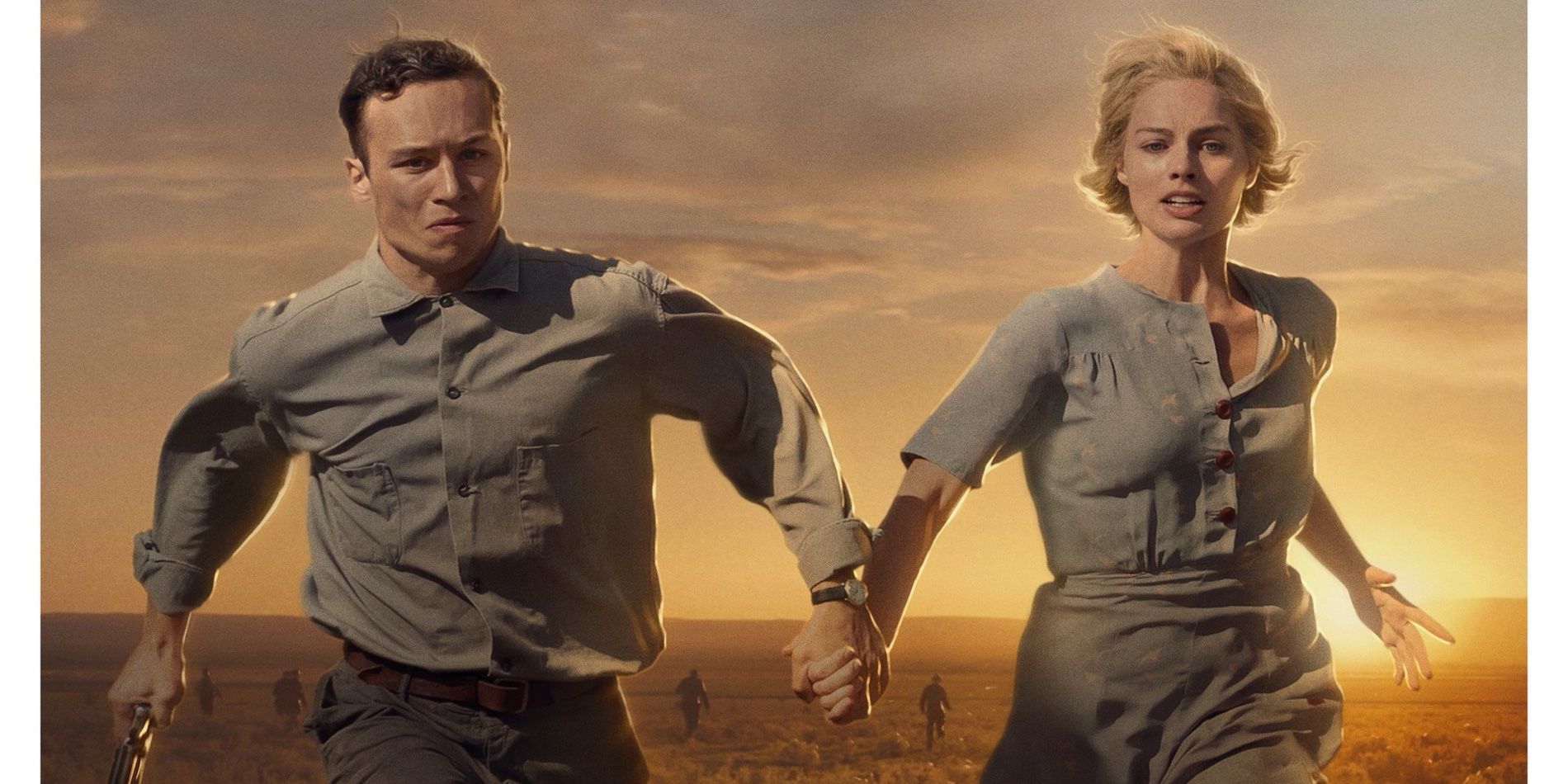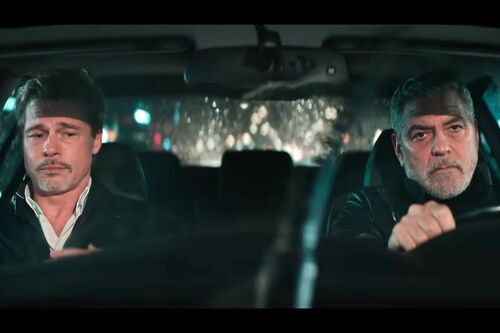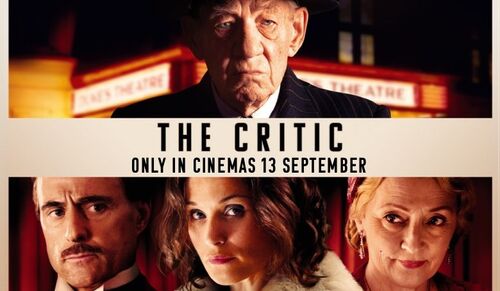
'Dreamland' Review
 The trend of studios picking-up movies previously in limbo continues. Paramount, the studio that helped give Margot Robbie her big break with 2013’s “The Wolf of Wall Street”, is now distributing her latest film. “Dreamland” first screened in April 2019 at the Tribeca Film Festival.
The trend of studios picking-up movies previously in limbo continues. Paramount, the studio that helped give Margot Robbie her big break with 2013’s “The Wolf of Wall Street”, is now distributing her latest film. “Dreamland” first screened in April 2019 at the Tribeca Film Festival.
The setting is 1935 Texas. 17-year-old Eugene (played by Finn Cole from TNT’s “Animal Kingdom”) lives with his mother, stepfather and young sister. His father left when he was 5. Their Dust Bowl town is suffering through a bad year, with damaging windstorms (and no rain) wiping-out crops and property. But there’s also another problem: notorious bank robber Allison Wells (Robbie) is on the way. She’s armed and dangerous – having already killed as many as five people, including a little girl. Eugene yearns for a more exciting life. He loves reading celebrity/scandal magazines. He and Allison cross paths, and soon they both must decide what direction they want their futures to go.
I can’t say I was surprised by 98% of what happens in “Dreamland”. For the most part, this is a pretty standard drama. Nicolaas Zwart’s screenplay is “original”, but it certainly borrows from plenty of other films, the most obvious being “Bonnie & Clyde” and “Gun Crazy”.
The script is loaded with cliches, and director Miles Joris-Peyrafitte doesn’t have a tight grasp on pacing. Some sections move too fast while others drag. Music selection/placement early on is way off-key. This also isn’t one of my favorite Robbie performances. The Allison role is basic and Robbie tries too hard to make it more than that. And the dialogue is way too modern for the mid 30s. Darby Camp (“Big Little Lies”), who plays Phoebe, Eugene’s too mature little sister, is burdened with much of it.
There are some visually striking and impressively realistic dust storm sequences. I also like the Garrett Hedlund cameo as Allison’s gangster partner. More of him may have given the film some dimension.
“Dreamland” is a well-intentioned, but far too shallow period melodrama. There’s a reason why it took a barren landscape of available films for a studio to finally attach itself to it.


